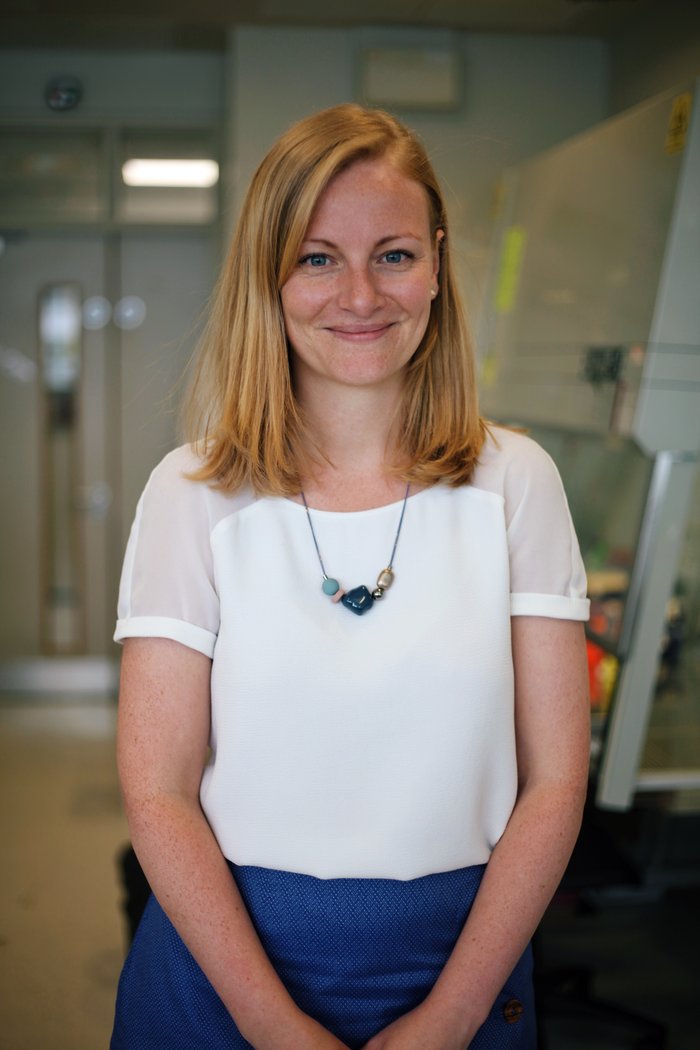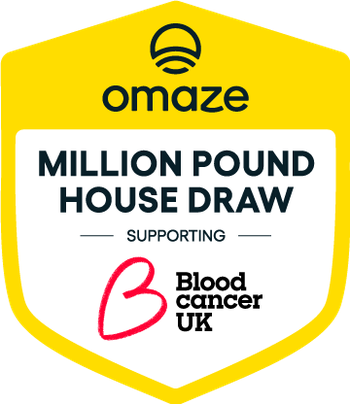Finding new drug treatments that help the body’s immune system to treat myeloma
Immunotherapy offers an exciting new approach to treating myeloma, a type of blood cancer that can be treated but currently has no cure. Dr Dimeloe plans to test drugs used to treat other diseases to see if these can help the body’s immune cells to destroy cancerous myeloma cells.

Dr Sarah Dimeloe
The challenge
Myeloma is an aggressive form of blood cancer that currently has no cure. It develops in the bone marrow, the spongy part inside our bones, so it’s difficult to treat. New treatments like immunotherapy offer a much kinder approach to treatment for many blood cancers and use the body's own immune system to seek out and destroy the cancerous cells. Previous research has found the environment in the bone marrow can prevent the body’s own immune system and these treatments from doing their job properly. This is because our body’s white blood cells, known as T-cells, which seek out and destroy the cancer take up fats from the bone marrow and are then unable to release specific chemicals that destroy the cancerous myeloma cells.
The project
Dr Dimeloe wants to stop the T-cells from taking up fats in the bone marrow so they can do their job properly, release the correct chemicals and destroy cancer cells. In this Omaze X Blood Cancer UK funding, with her team at the University of Birmingham, she will test several drugs that are already used to treat other diseases. Using bone marrow samples kindly donated from patients and through lab experiments in animal models, Dr Dimeloe will see if these drug approaches boost T-cell function.
The future
If these drug approaches are successful, it is hoped they could one day be repurposed and used as a kinder way to treat myeloma. Repurposing drugs that are already used in other conditions can accelerate the time it takes for people to benefit from them. As there’s currently no cure for the condition, the development of new drugs to improve the likelihood treatment will be successful is crucial for people with myeloma.
Funding
This project is part of the Omaze X Blood Cancer UK Fund.

